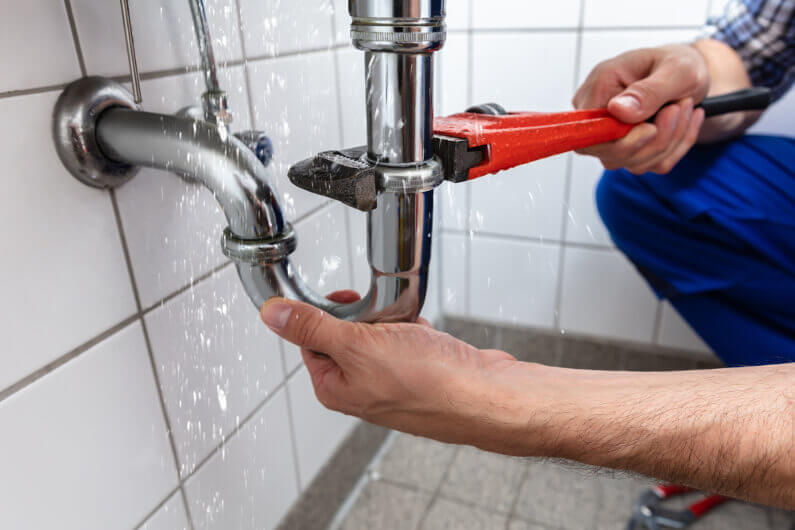You perhaps know that the heart of any sustainable homestead lies in its efficient use of resources. One such system often overlooked is your homestead’s plumbing system, and as surprising as it sounds, it is a key aspect of modern green living. In fact, according to estimates by the American Water Works Association (AWWA), an average family could save up to 30% on their water bills using efficient plumbing appliances.
The Rise of High-Efficiency Plumbing
Some years back, plumbing was purely functional without much consideration for efficiency or sustainability. Now, thanks to technological advancements in plumbing systems design, that narrative is changing. High-efficiency plumbing fixtures are now turning the tide towards water conservation and energy efficiency.
Understanding High-Efficiency Plumbing Systems
High-efficiency plumbing systems essentially use less water and energy while offering the same level of functionality. They minimize wastage through smart designs, advanced materials, and innovative technologies. This change not only benefits you through savings on water and energy bills but also reduces the strain on local water supply systems and eases sewage treatment loads.
Incorporating Water-Saving Faucets
Water-saving faucets are designed to consume less water per minute than standard faucets. You can consider these fixtures if you are conscious about water conservation. These faucets help in limiting the flow of water thereby reducing overall usage.
Low-Flush Toilets for Efficiency
Another leading protagonist in high-efficiency plumbing devices is low-flush toilets. These devices utilize significantly less water than traditional ones. As compared to the 3.5 gallons per flush in older models, a low-flush toilet only uses around 1.28 gallons per flush – saving almost two-thirds of water usage.
High-efficiency Showerheads
Showerheads also have high-efficiency variants that utilize a lower volume of water without compromising on the shower experience. High-efficiency showerheads typically use around two gallons of water per minute compared to the 2.5 or more used by standard showerheads.
Tankless Water Heaters
Then there are tankless water heaters which heat the water only when it is needed. This dramatically reduces the wastage associated with conventional tanked water heaters that continuously heat and store water, consuming more energy than is necessary.
Smart Leak Detectors
High-efficiency plumbing systems are not just about reducing actual water usage. They also incorporate smart devices like leak detectors to prevent potential wastage due to leaks, drips, or bursts. Monitoring systems can detect changes in pressure indicating a leak and enable you to rectify it before significant damage.
Graywater Reuse Systems
Then, there are graywater reuse systems that recycle water from showers, sinks, and washing machines for use in irrigation or toilet flushing. Such solutions work wonders for reducing overall freshwater demand at your homestead.
Rainwater Harvesting Systems
Rainwater harvesting is another efficient method for conservation adopted in modern plumbing systems. These systems collect and store rainwater for non-potable uses like landscaping and toilet flushing, therefore reducing demand on local municipal supply.
The Role of Plumbing Insulation
The role of insulation in plumbing can prove paramount when aiming for efficiency. Insulating your pipes keeps hot water hot for longer periods, thereby reducing the amount of energy required to heat water.
Federal Regulations and Incentives
Currently, embracing high-efficiency plumbing is not only a sustainable choice but often a legal requirement. Federal regulations mandate specific water usage limits for fixtures and appliances, pushing homeowners towards more efficient models. Consequently, several incentives in terms of rebates and discounts are also being offered for using water-efficient appliances.
Thinking About Long-term Benefits
Surely when considering high-efficiency plumbing, the initial investment may appear higher. Nonetheless, remember to assess the cost savings from reduced water and energy bills over time. In the long term, these systems pay for themselves.
The Future Now
By now, you should understand the importance of high-efficiency plumbing for modern homesteading. The environmental benefits far outweigh the slightly elevated upfront costs. Water scarcity continues to be a global concern, and your decision to adopt efficient plumbing systems could contribute significantly towards alleviating this challenge while saving on your bills.


